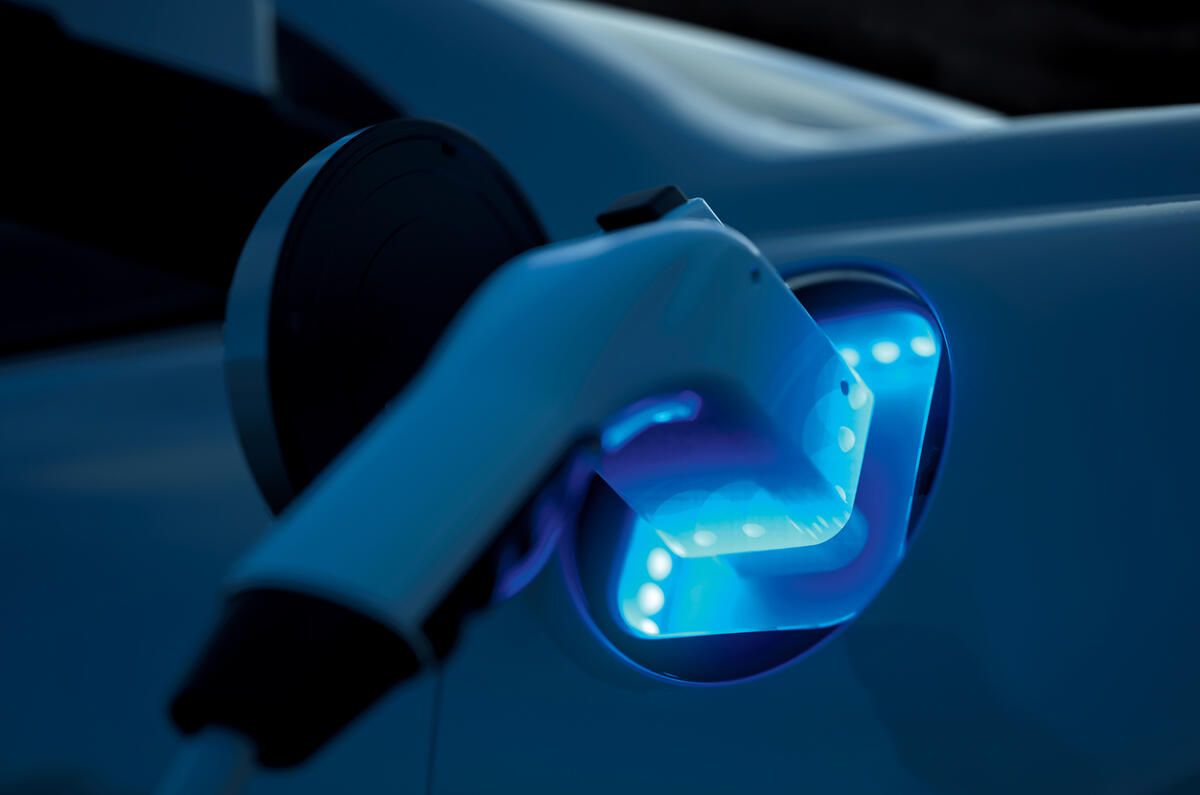Regardless of your political stance, it’s hard to argue that Boris Johnson was anything other than front-footed – in principle, at least, if perhaps not in thorough planning – when it came to forcing the pace on electric car adoption.
The former prime minister’s plans for rapidly raising mandates on brands’ sales mixes (starting at 22% of all sales being EVs from 2024) and a ban on sales of new combustion-engined cars from 2030 put the UK among the frontrunners of change.




Join the debate
Add your comment
A petrol car is doing 45mpg (pretty generous) works out as 17p a mile, your example of 10p a mile isn't gonna happen. An average BEV should do almost 4 miles per Kw, no problem, which on an overnight Octopus tariff of 7.5p means you'll get the equivalent of over 400mpg for 200 miles of travel a day.
Obviously personnel circumstances rule overnight tarriffs out for some and your daytime price will increase but over 400mpg cannot be sniffed at.
Hopefully russia will be defeated soon so my advice is not to fix your rate anytime soon. Also worth mentioning the government might be changing the capping system to separate gas from electricity, the sooner the better.